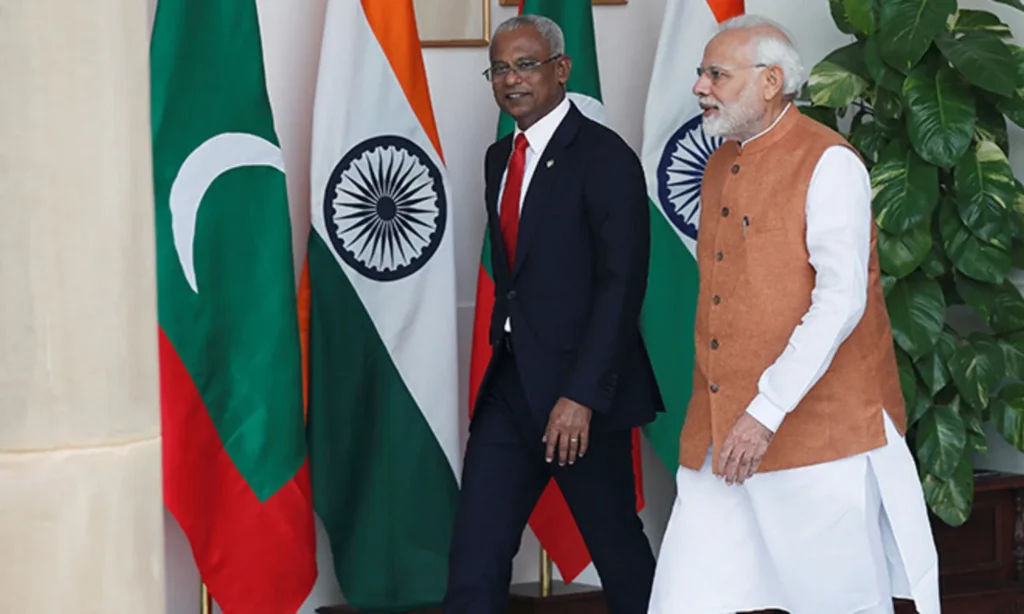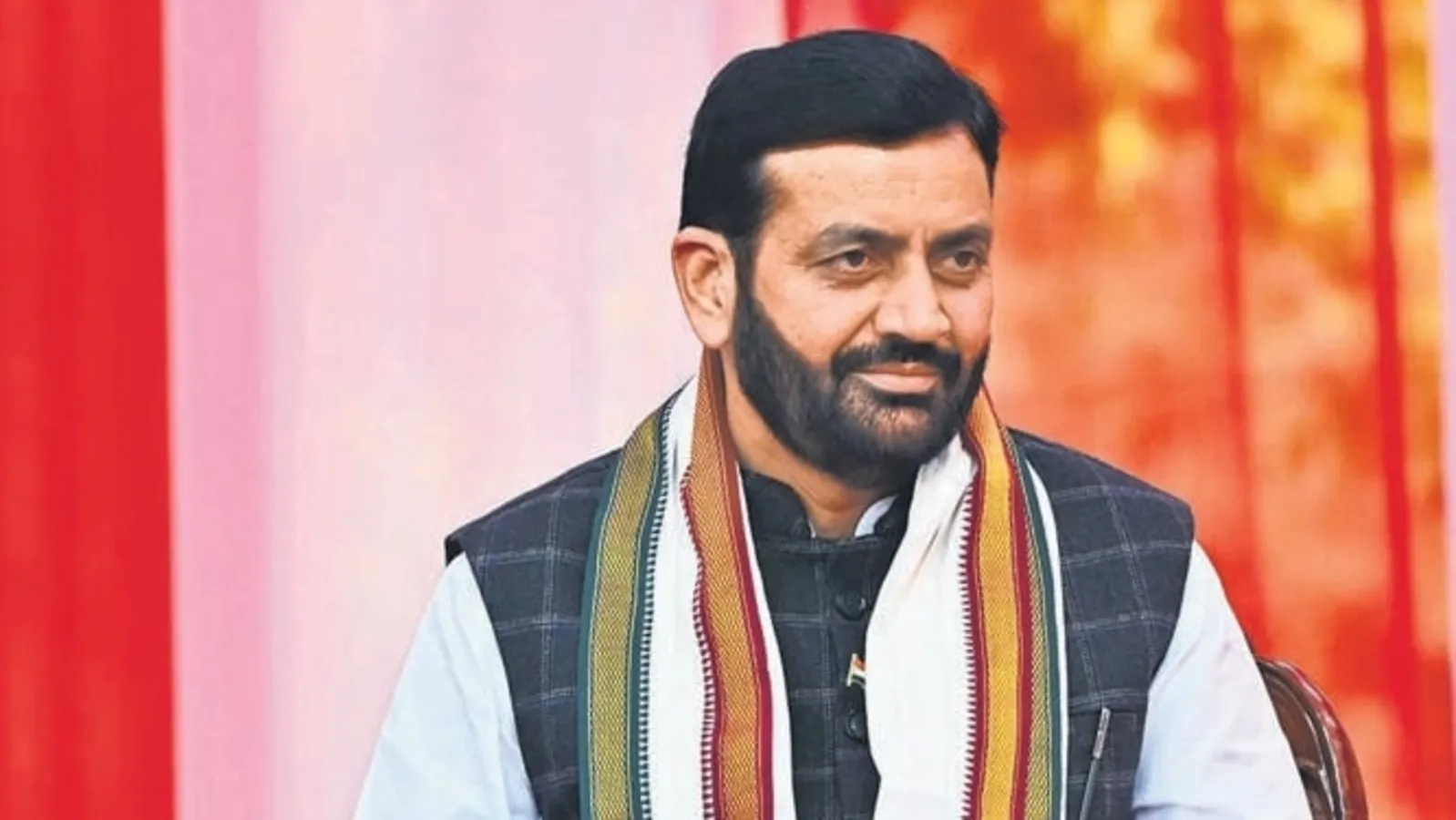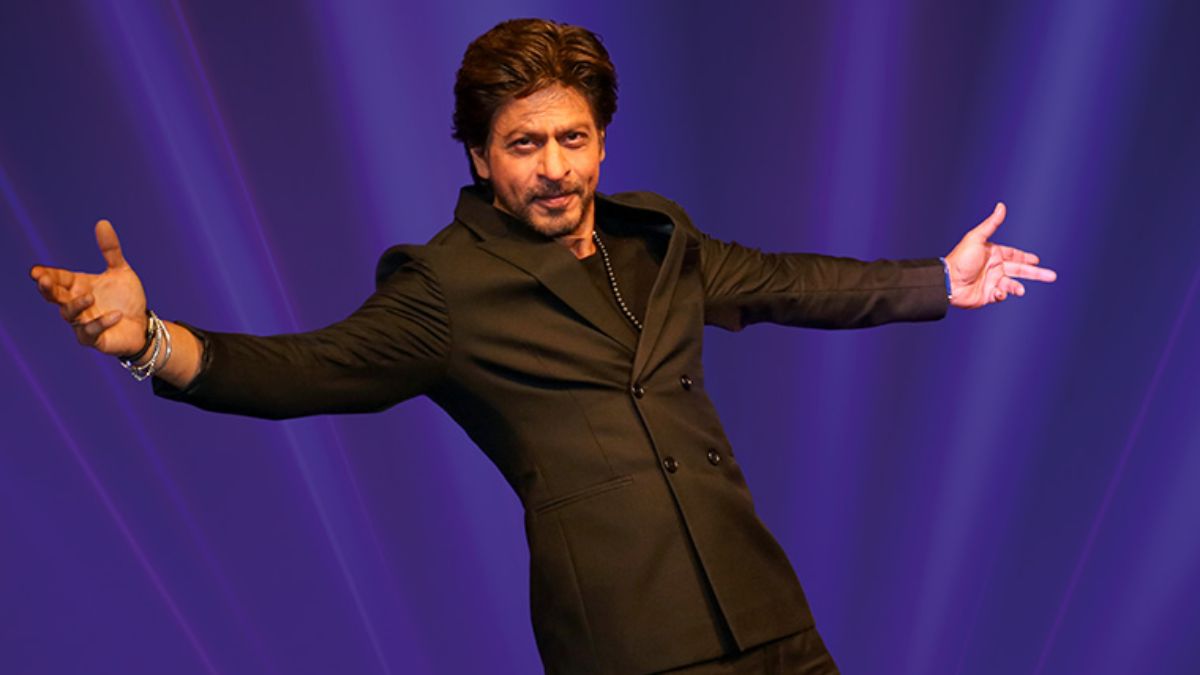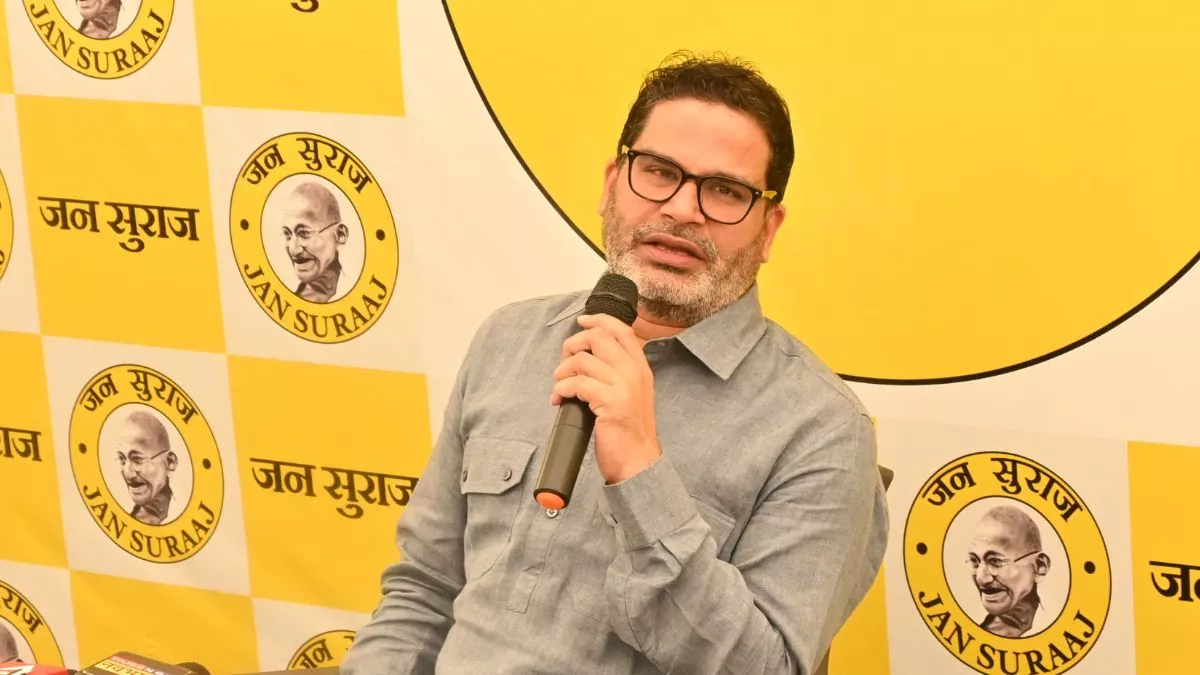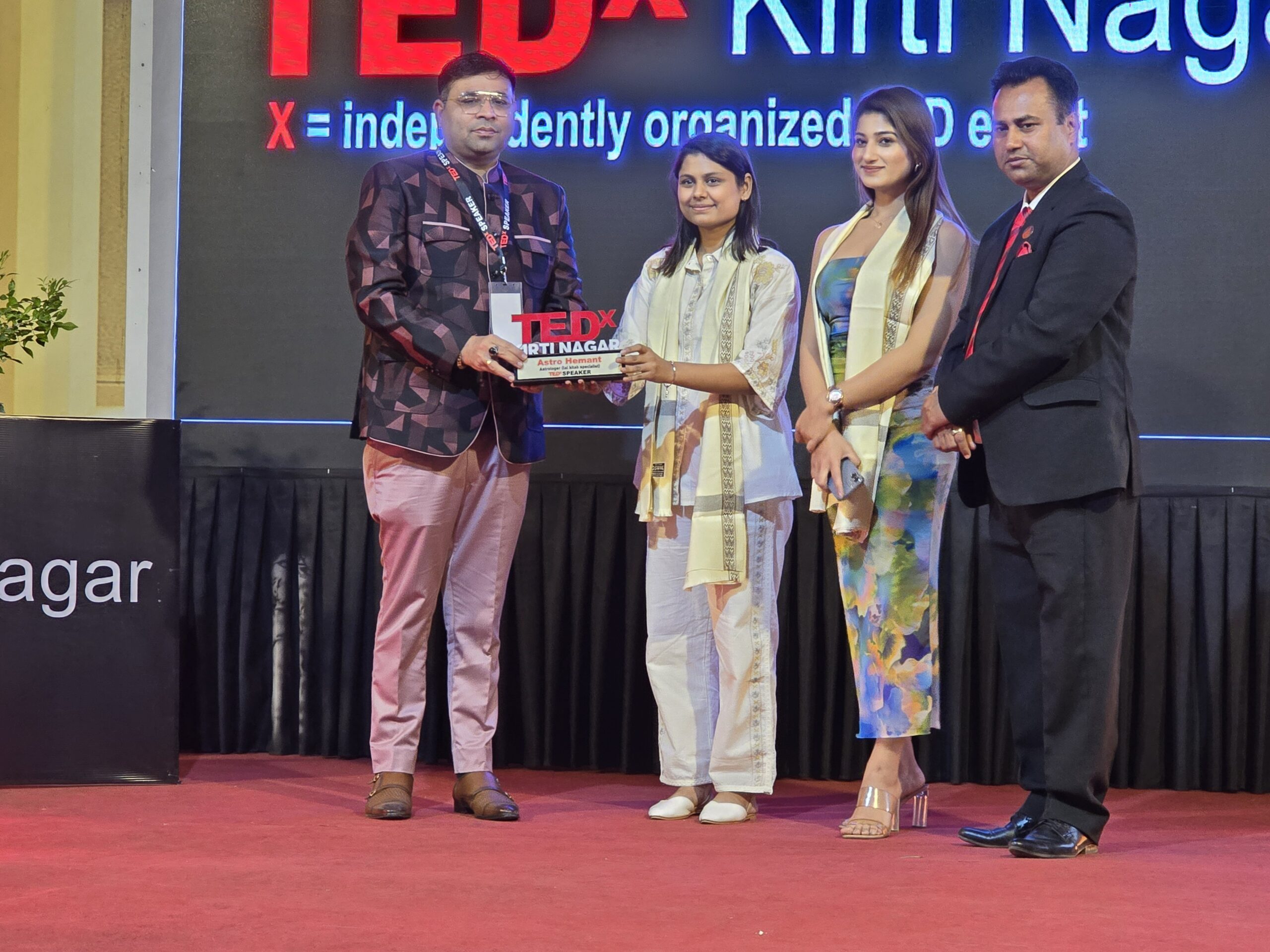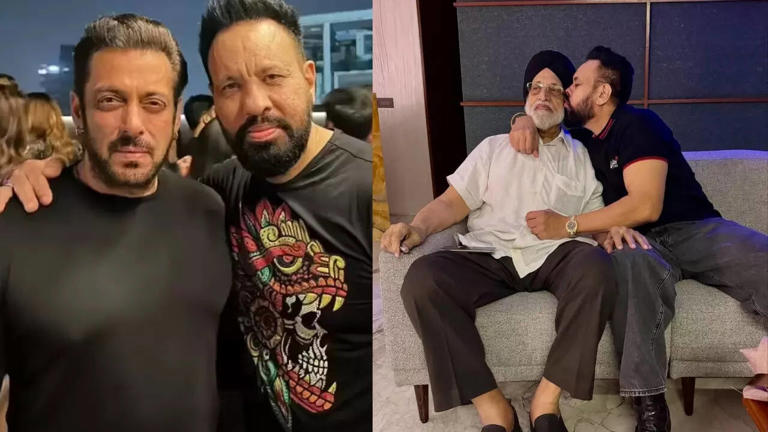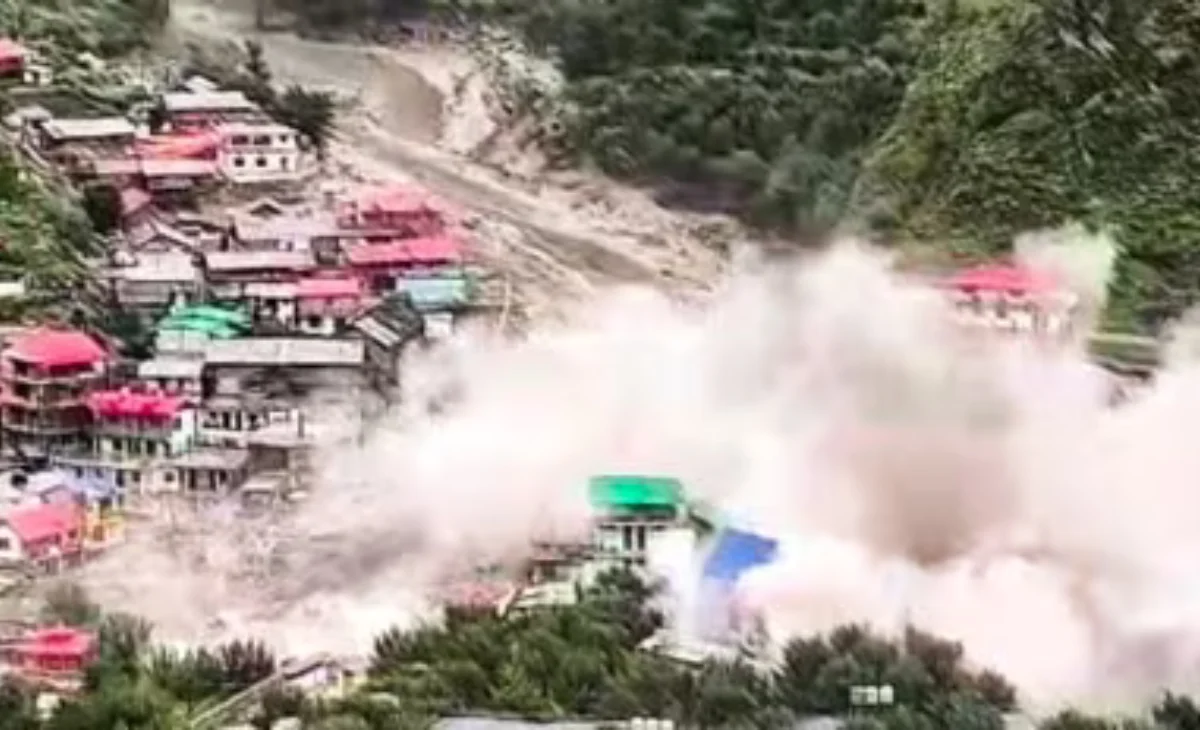In an unexpected turn of events, the Maldivian government finds itself on the backfoot as three deputy ministers face suspension over their derogatory social media posts targeting Indian Prime Minister Narendra Modi. The controversy arose following Modi’s recent call to boost tourism in Lakshadweep, sparking a heated exchange that has far-reaching diplomatic implications.
Last Sunday, the Maldivian government suspended three deputy ministers — Malsha Shareef, Mariyam Shiuna, and Abdulla Mahzoom Majid for the growing public outrage in India over their offensive remarks against Prime Minister Modi. Shiuna, in particular, labeled Modi a ‘clown’ and ‘puppet’ in a now-deleted post, prompting former Maldivian President Mohammad Nasheed to condemn the remarks as “appalling.”
The repercussions of the ministers’ comments were swift and severe. Celebrities who frequently vacation in the Maldives took to social media to criticize the ministers and urged their followers to consider visiting Lakshadweep instead. Reports suggest that hundreds of scheduled visits to the Maldives were canceled, dealing a significant blow to the country’s tourism industry.
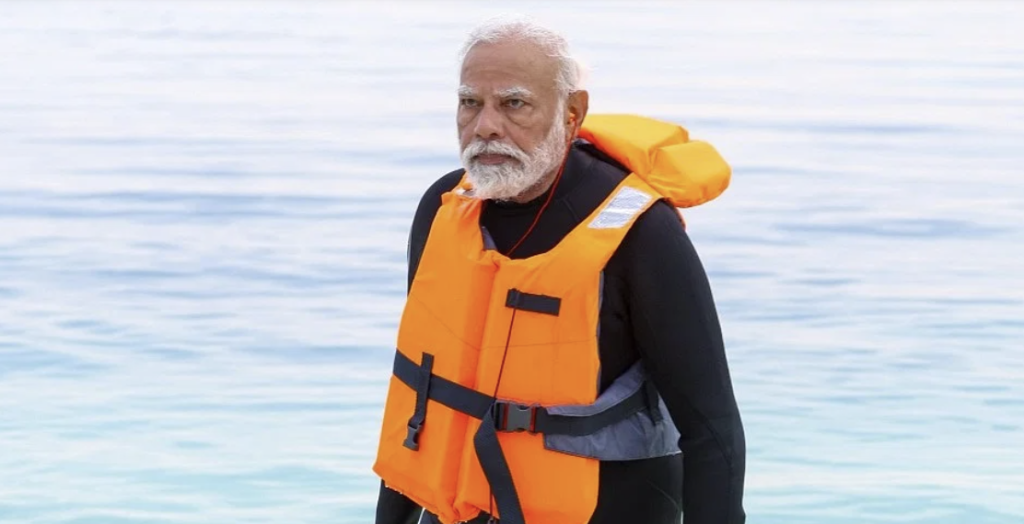
The Indian High Commission in Male swiftly raised the issue with the Maldivian government, expressing objection to the language used by the ministers. In response, the Maldivian government distanced itself from the derogatory remarks, emphasizing that they were personal opinions and did not reflect the official stance of the government.
India’s significance as a strategic partner for the Maldives is undeniable, with historical ties and India’s pivotal role in assisting its maritime neighbors in the Indian Ocean Region during critical times. However, recent strains in bilateral relations have emerged since the election of Mohamed Muizzu last year.
Muizzu’s campaign rhetoric centered on an anti-India platform, vowing to remove approximately 75 Indian troops from the Maldives. In a departure from previous administrations, Muizzu has shown a preference for China and West Asian countries over India in his early days in office. He has also pledged to review over 100 bilateral agreements with India, signaling a shift in diplomatic priorities.
The ongoing diplomatic strain is further underscored by Muizzu’s upcoming state visit to China, a departure from the tradition of choosing India for the first overseas diplomatic tour. After visits to Turkey and the UAE, Muizzu embarked on a three-day trip to China on Sunday, deepening concerns about the changing geopolitical dynamics in the region.
As the fallout from the ministers’ derogatory remarks continues to reverberate, it remains to be seen how this diplomatic row will impact the longstanding ties between India and the Maldives. The incident highlights the delicate nature of international relations and the potential ramifications of public statements on social media, especially in the context of regional power dynamics.


